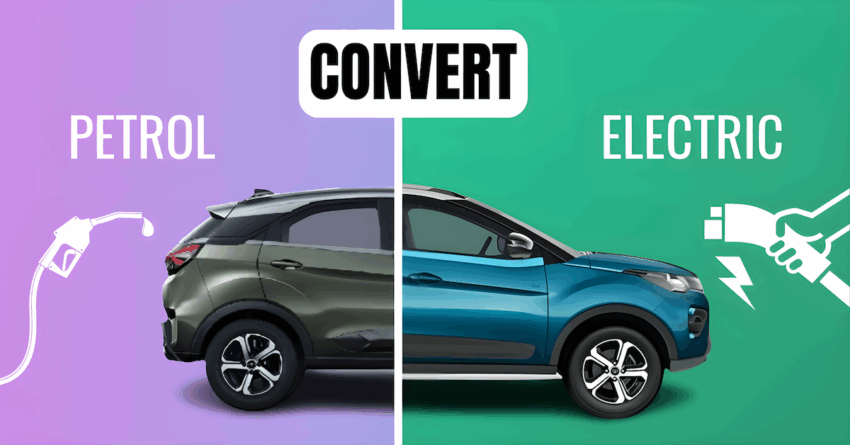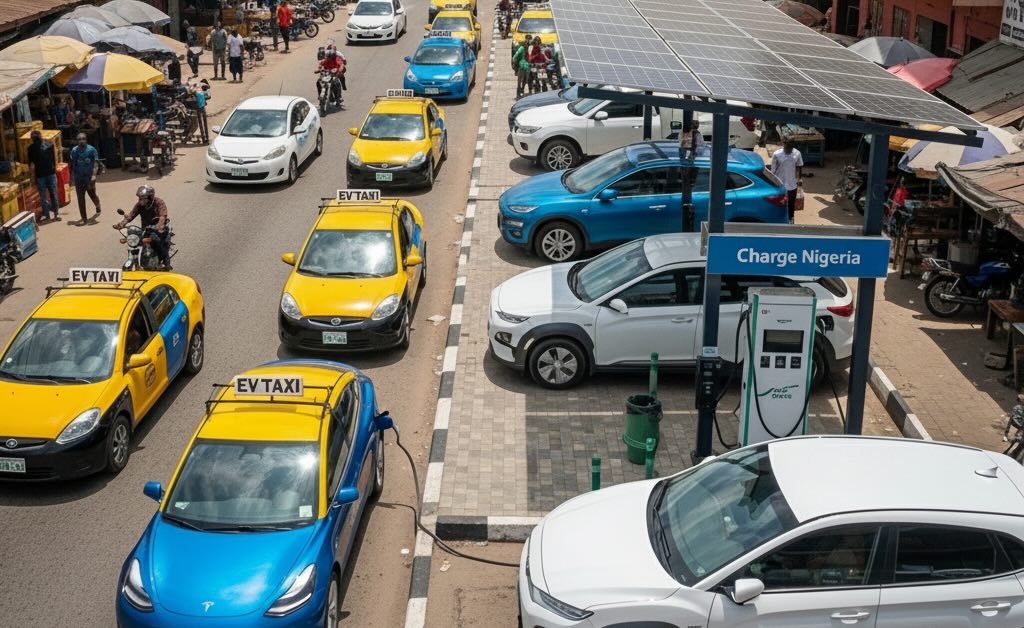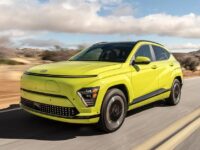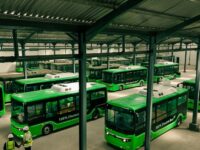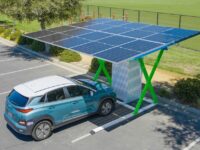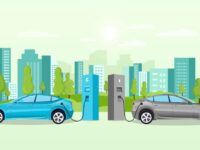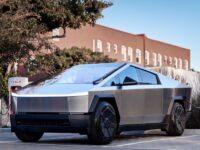As the world transitions toward sustainable mobility, electric vehicles (EVs) are becoming a major talking point in Nigeria. While brand-new EVs are still relatively expensive and charging infrastructure is just beginning to grow, one practical solution for Nigerian drivers is converting existing petrol-powered cars into EVs. This approach offers a cost-effective way to embrace green mobility without buying a new electric car.
Whether you’re a car owner frustrated with petrol costs or an entrepreneur eyeing the EV market, this guide breaks down the process, costs, and benefits of EV conversions in Nigeria.
The Conversion Process: Step-by-Step Guide
Converting a petrol car to an EV involves replacing the internal combustion engine (ICE) with electric components. In Nigeria, this is typically done by specialized technicians or companies like Siltech, which offers ICE-to-EV services, or through DIY kits imported via platforms like Ubuy. The process requires mechanical expertise, electrical knowledge, and compliance with local regulations. Here’s a high-level overview:
1. Assess Vehicle Suitability: Start with a compact or mid-size petrol car (e.g., 10-15 years old like a Toyota Corolla or Honda Civic) that’s structurally sound. Check the chassis for battery weight capacity, EVs can add significant load. Consult a mechanic or EV specialist to evaluate compatibility. In Nigeria, older imported cars are common candidates.
2. Source Components: Key parts include an electric motor (for propulsion), a traction battery pack (lithium-ion for better range), a controller (to manage power), a charger, and wiring harnesses. Kits can be imported from global suppliers or local vendors. For Nigeria, factor in import duties, though reduced under EV policies. Battery capacity should aim for 100-200 km range to suit urban driving.
3. Remove ICE Components: Dismantle the engine, fuel tank, exhaust system, and transmission. This step requires tools and a workshop. Dispose of parts responsibly, some can be sold or recycled.
4. Install EV System: Mount the electric motor in place of the engine, integrate the battery pack (often in the trunk or under the floor), and connect the controller and wiring. Add regenerative braking for efficiency. Ensure cooling systems for the battery to handle Nigeria’s hot climate.
5. Set Up Charging and Safety Features: Install an onboard charger compatible with 220V outlets or solar panels. Add safety elements like battery management systems (BMS) to prevent overcharging.
6. Testing and Registration: Test the vehicle for performance, range, and safety. In Nigeria, obtain approvals from the Federal Road Safety Corps (FRSC) or relevant transport authorities, similar to RTO permissions elsewhere. Update insurance and vehicle documents to reflect the EV status. An MOT-equivalent inspection is advisable.
The entire process can take 1-3 months, depending on whether it’s DIY or professional. For safety, engage certified technicians, Nigeria has growing EV workshops in Lagos and Abuja.
Costs Involved in EV Conversion in Nigeria
Costs vary based on vehicle type, kit quality, and labor. In Nigeria, expect higher figures due to import fees and limited local manufacturing, but government subsidies can offset this. Here’s a breakdown based on global averages adjusted for local context (using approximate USD to NGN conversion of 1:1600):
- Basic DIY Kit: ₦4.8 million – ₦24 million ($3,000 – $15,000). Includes motor, battery, and basics for simple conversions.
- Advanced or Premium Kit: ₦8 million – ₦40 million ($5,000 – $25,000). For better range and performance.
- Professional Turnkey Conversion: ₦48 million – ₦136 million ($30,000 – $85,000). Covers labor, custom fitting, and warranties.
- Additional Expenses: Labor (₦1-5 million), import duties (reduced but still 5-10%), charging setup (₦800,000 – ₦3.2 million for home solar charger), and registration fees (₦100,000+).
Overall, a mid-range conversion for a typical sedan might cost ₦16-48 million ($10,000-30,000), cheaper than a new EV but more than CNG alternatives (around ₦750,000-1 million). Use online calculators for personalized estimates. Long-term savings on fuel (electricity at ₦2,000-5,000 per charge vs. petrol) can recoup costs in 3-5 years.
Benefits of Converting to EVs in Nigeria
The advantages extend beyond the environment, offering tangible gains in a fuel-dependent economy:
- Cost Savings: Lower maintenance (no oil changes, fewer parts) and fuel costs, electricity is cheaper than petrol, especially with solar.
- Environmental Impact: Zero tailpipe emissions, reducing urban pollution and Nigeria’s carbon footprint.
- Energy Independence: Less reliance on imported fuel; pair with renewables for off-grid charging.
- Quieter and Smoother Ride: EVs provide instant torque and reduced noise pollution.
- Government Incentives: Tax credits, subsidies, and reduced duties make it more affordable.
- Tech Perks: Modern features like over-the-air updates and better resale value as EV demand grows.
- Business Opportunities: For fleets, conversions cut operational costs and align with sustainability goals.
In Nigeria, where power outages are common, EVs can double as home energy storage with bidirectional charging.
Potential Challenges and Tips
Despite the upsides, hurdles include sparse public charging stations (mostly in major cities) and high initial costs. Unstable electricity might require solar investments. Start small: Research local EV communities on platforms like Reddit or Nigerian forums. Partner with experts and apply for incentives early.
Conclusion
Converting your petrol car to an EV in Nigeria is a forward-thinking move that saves money, protects the environment, and supports national energy goals. While the process demands planning and investment, the benefits fueled by government support and technological advances make it worthwhile. If you’re ready to go electric, consult a local specialist today and drive into a sustainable future.
